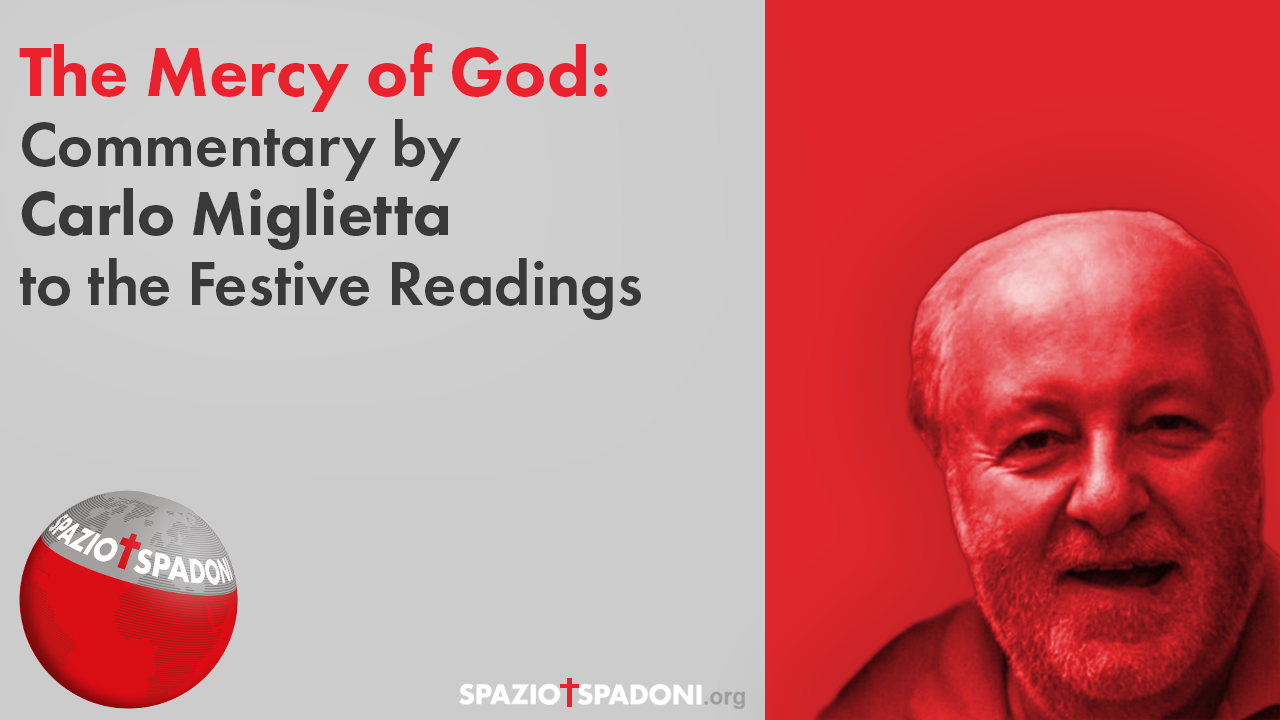
IV Sunday Of Easter B – Jesus, The Divine Shepherd
Readings: Acts 4:8-12; 1 John 3:1-2; John 10:11-18
The Old Testament presents us with IHWH as the “Shepherd of Israel” (Gen 48:15): “The Lord is my shepherd…, on grassy pastures he makes me rest” (Sl 23); “You, shepherd of Israel,… lead Joseph like a flock” (Sl 80:2; cf. Is 40:11). God uses men (judges, kings, prophets) to shepherd Israel: but often these are unworthy, mercenary, and let the flock entrusted to them perish (Jer 23:1-3; Ez 34:1-10). But, at the end of time, IHWH himself will take care of the flock (Jer 23:3), gather it (Mi 4:6), lead it back (Jer 50:19), and finally guard it (Jer 31:10; Ez 34:11-22). To do this, says IHWH: “I will raise up for them a shepherd who will shepherd my sheep, David my servant. He will lead them to pasture; he will be their shepherd” (Ez 34:23-24). There arises the expectation of the messianic shepherd, who will “shepherd with the strength of the Lord” (Mi 5:3): who, however, will be smitten (Zech 13:7), pierced (Zech 12:10), and whose death will be salutary (Zech 13:1).
Jesus, during the Feast of Dedication (Jn 10:22), at which we read, among other passages, the very chapter 34 of Ezekiel, which sings IHWH as the sole Shepherd of Israel and warns against false shepherds, presents Himself precisely as the “kalòs” (Jn 10:11), literally “beautiful,” in the ideal sense of perfection, i.e., as the “ideal,” “model,” “perfect” Shepherd: he is the one who has mercy on the sheep without a shepherd and is the one sent to the lost sheep of the house of Israel (Mk 6:34; Mt 10:6; 15:24). He is the “great shepherd of the sheep” (Heb 13:20), “the shepherd and keeper of the flock” (1 Pet 2:25), the lamb-shepherd who leads to the fountains of life (Rev 7:17). Jesus applies to himself the characters of the messianic shepherd who lays down his life for the sheep (Jn 10:11,15,17,18: he repeats it five times!). Indeed, he proclaims himself God himself (the “I am” of vv. 9 and 11 is the very Name of God!): the sheep are “his” (v. 14), they listen to “his” voice (v.16). He “knows” them (v. 14: semitism for “love”), and his sheep “know” him. He is the Shepherd not only of Israel, but of all nations (v.16), the only salvation for all people (First Reading: Acts 4:12). The Jews understand the enormous theological significance of this speech, and conclude that he is completely insane, “undemented” (Jn. 10:20).
What tenderness in the definition of Jesus as shepherd: there is all his agape, his providence, his thinking of each one of us, worrying about us, knowing our rhythms, preparing for us quiet waters and pastures, leading us slowly even into darkness and danger, defending us, recovering us if lost, giving his life for us! What security, what serenity, what peace what joy must arise for us from the contemplation of this mystery! It is no longer we who must manage, plan our lives. It is no longer we who have to seek our own way. We are no longer alone in danger and difficulties. There is God who thinks of us, provides for us, helps us. He melts away our anxiety, our anguish. And we sing with Ps 131:2: “I am calm and serene as a weaned child in its mother’s arms!”
Today’s Gospel is also a warning to the pastors of the Church who, like Jesus, must “love-know” their sheep and lay down their lives for them. Woe if they are only “hirelings” (v,12)! Peter will say, “Shepherd the flock of God that is entrusted to you … not by force, but willingly according to God; not out of cowardly self-interest, but in good spirit; not by lord it over the people entrusted to you, but by being models of the flock. And when the Chief Shepherd appears, you will receive the crown of glory that does not wither” (1 Pet. 5:24).
